Blog
 10 Mar 2024
10 Mar 2024
Which Material Is Right for Your Dental Bridge or Crown?
In dentistry, the evolution of restorative materials has offered more choices than ever for dental bridges and crowns. From the aesthetic appeal of porcelain and zirconium to the traditional durability of gold, each material offers advantages. Understanding the pros and cons of these materials is crucial in making an informed decision for your oral health.
 05 Mar 2024
05 Mar 2024
The Remarkable Benefits of Full Mouth Dental Implants: Your Basic Guide
Imagine regaining the ability to enjoy your favourite foods without hesitation. Picture a renewed confidence in your smile and the assurance of having healthy, beautiful, and permanently affixed teeth. This isn’t just a dream—it’s a reality made possible through full mouth dental implants. Embark on a journey with us as we delve into the essentials of full plate or full mouth dental implants, a transformative solution for those seeking to reclaim their smile and oral health.
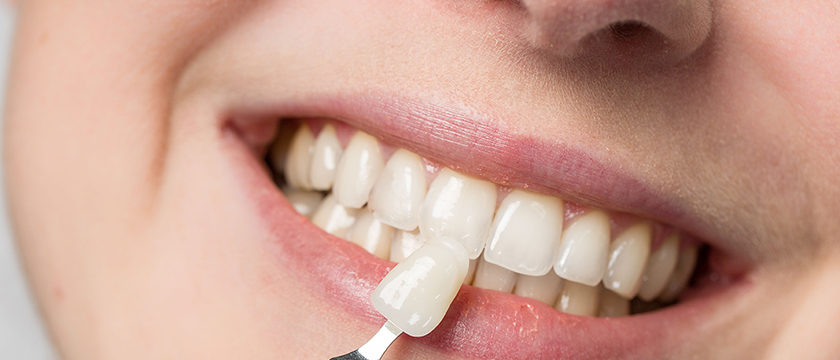 10 Feb 2024
10 Feb 2024
Your Complete Maintenance Guide for Veneers
Dental veneers are an excellent investment and can last more than a decade with proper care. However, many people who are interested in this cosmetic treatment do not know what needs to be done to keep these enhancements looking their best. Our guide will tell you everything you need to know about how to care for dental veneers and make them last as long as possible.
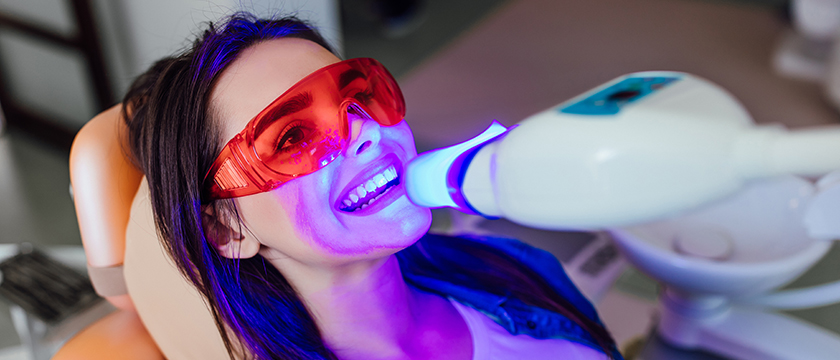 05 Feb 2024
05 Feb 2024
In-Home vs. Professional Teeth Whitening: Know the Pros and Cons
Stained teeth are a common dental problem that afflicts countless Canadians. In addition to the natural darkening that happens with age, many people also pick up stains from smoking or the food and drink they consume.
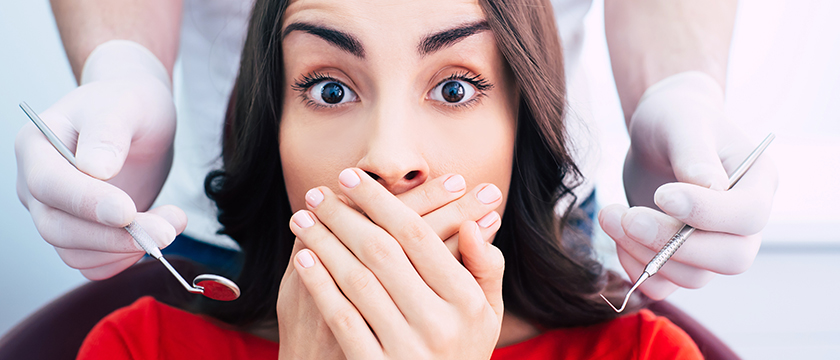 10 Jan 2024
10 Jan 2024
Your Guide to Overcoming the Fear and Anxiety of Visiting a Dentist
Are you afraid of going to the dentist? You are not alone in this fear. Millions of people around the world experience it every day. However, it is important not to let this fear keep you from attending regular dental checkups and getting necessary dental work done. Keep reading to learn more about dental phobias and how to overcome them.
 05 Jan 2024
05 Jan 2024
Invisalign Tips and Tricks for the First Week
If you are considering getting Invisalign in Mississauga, you may be wondering what the first few days of your treatment will be like. According to Invisalign dentists, many people take some time to adjust to wearing their aligners all the time. Here are a few tips to help you get through that critical first week.
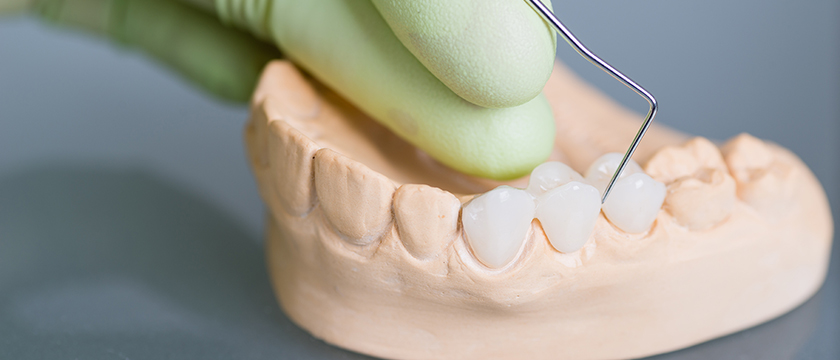 17 Dec 2023
17 Dec 2023
How to Care for Your Dental Bridge Easily
Getting a dental bridge can significantly improve your self-esteem and quality of life. However, bridges do not last forever. Proper care and maintenance are needed to keep them intact and in good condition over the years. Keep reading to learn how to care for your dental bridge and help it last as long as possible.
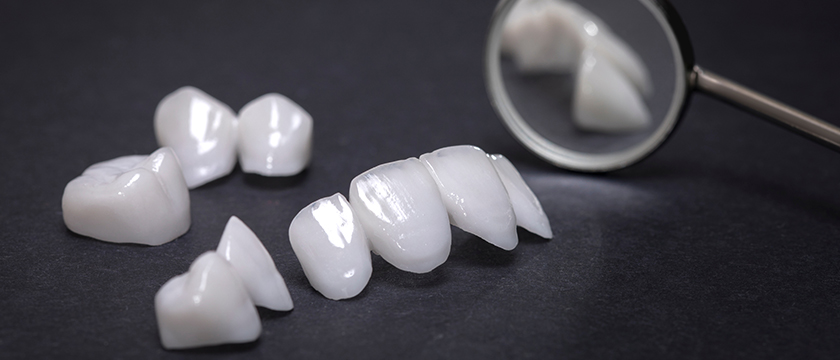 10 Dec 2023
10 Dec 2023
How to Choose the Ideal Veneers for Your Facial Features
Just like natural teeth, dental veneers come in many different sizes, colours, and shapes. Your veneers will look best if they are tailored to your unique facial features. Our guide will tell you everything you need to know about how to choose veneers that suit your face.
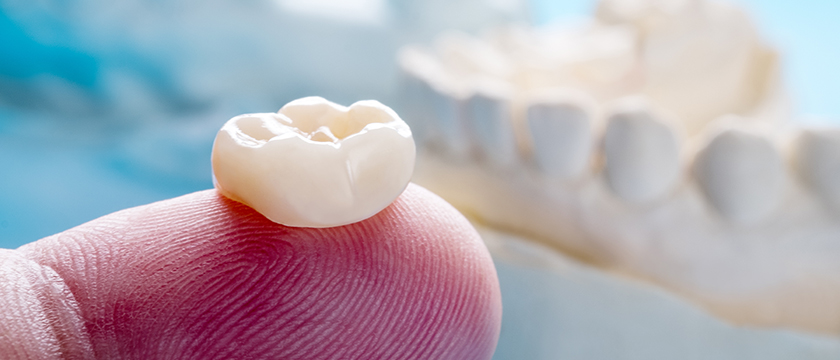 05 Dec 2023
05 Dec 2023
Types and Costs of Dental Crowns
Dental crowns are a common dental treatment used to strengthen damaged teeth and improve their aesthetics at the same time. If you are thinking about getting a dental crown yourself, you may be wondering which type is best for you and how much that crown will cost. Today, we will discuss the factors you should consider to help you make this decision and acquire a rough estimate of how much you will owe.
 10 Nov 2023
10 Nov 2023
Your Complete Guide to Tooth Cavities
Dental cavities are tiny holes that develop in the surface of your tooth’s enamel. Over time, this hole grows deeper and deeper, finally reaching the inside of your tooth and causing it to decay.
